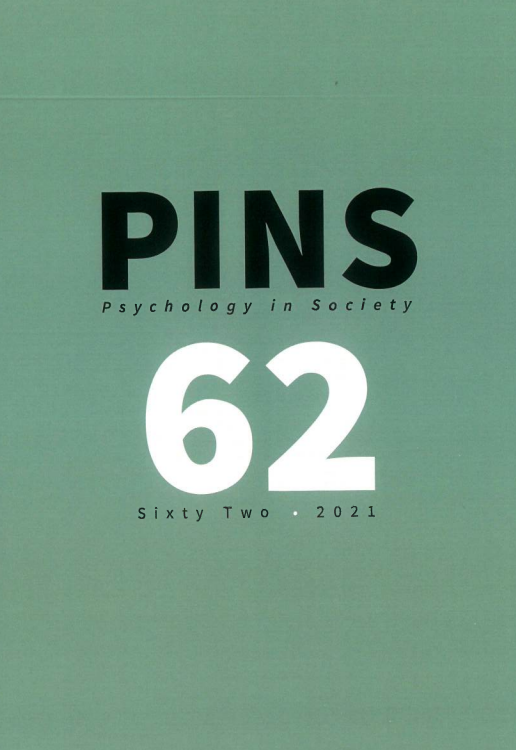The haunting quality of racism
DOI:
https://doi.org/10.57157/pins2021Vol62iss1a5585Keywords:
anti-racism, racism, haunting, discourse, repressionAbstract
Anti-racism has nurtured many visions of post-racism futures. All this talk and political action relies on and reproduces discourses of racism. While much of this discursive force lies in what is said, we argue that a haunting quality of racism may arise from what is unsaid. This includes the multifarious points of connection between the present and the past. We are all implicated, albeit unevenly. This article describes the phenomenon of spectral racism that arises from such implicature. We develop a discursive account of its constitution in acts of dialogical repression, and we consider some of the social psychological and political ramifications of haunting racism. We illustrate our arguments by an analysis of the way the prohibition against the use of the k-word echoes the toxic past and zombifies racism via psychological enticement.
Downloads
Published
How to Cite
Issue
Section
License
This journal is an open access journal, and the authors' and journal should be properly acknowledged, when works are cited.
Authors may use the publishers version for teaching purposes, in books, theses, dissertations, conferences and conference papers.
A copy of the authors’ publishers version may also be hosted on the following websites:
- Non-commercial personal homepage or blog.
- Institutional webpage.
- Authors Institutional Repository.
The following notice should accompany such a posting on the website: “This is an electronic version of an article published in PINS, Volume XXX, number XXX, pages XXX–XXX”, DOI. Authors should also supply a hyperlink to the original paper or indicate where the original paper (http://www.journals.ac.za/index.php/pins) may be found.
Authors publishers version, affiliated with the Stellenbosch University will be automatically deposited in the University’s’ Institutional Repository SUNScholar.
Articles as a whole, may not be re-published with another journal.
The copyright of the article(s) lies with the author(s).
The copyright of the journal lies with PINS-psychology in Society.
The following license applies:
Attribution CC BY-NC-ND 4.0 - https://creativecommons.org/licenses/by-nc-nd/4.0/

